Collaborations and Scientific Advisory Board
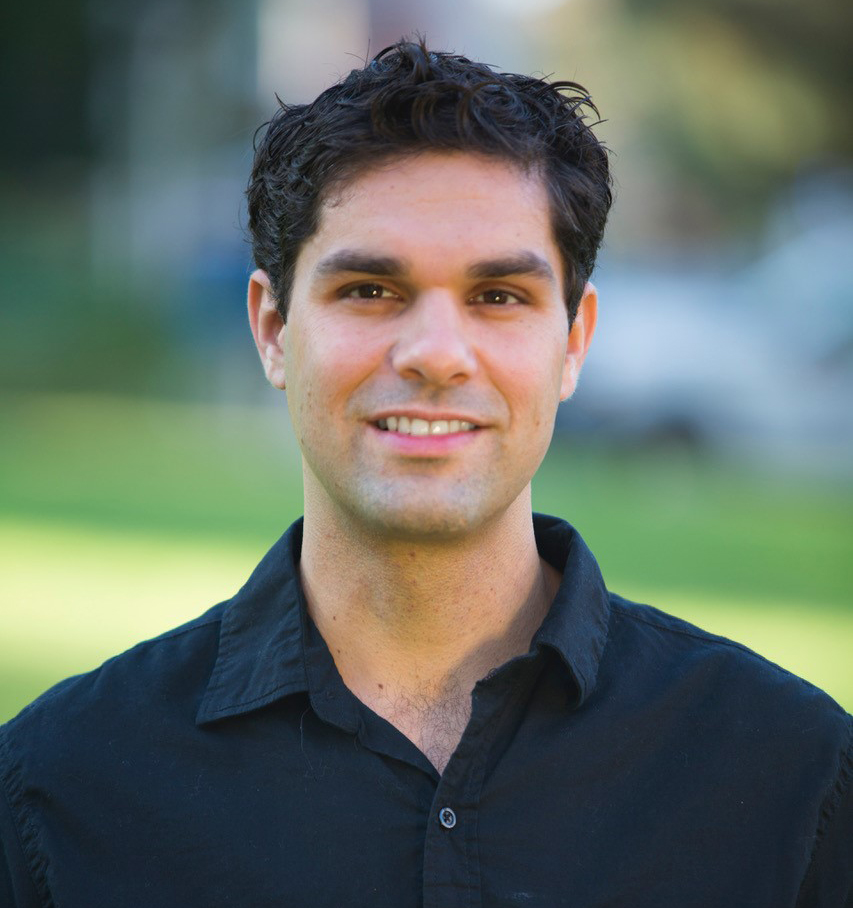 Omar Akbari
Omar Akbari
Omar Akbari, PhD, received bachelor’s, master’s and doctoral degrees from the University of Nevada, Reno and conducted postdoctoral research at the California Institute of Technology in Professor Bruce Hay’s laboratory. His research focuses on the basic genetics and physiology of mosquitoes with the goal of developing innovative, creative, synthetic-biology inspired genetic control technologies for reducing the burden of mosquito-borne diseases on humans. The underlying hypothesis inspiring this work is that the introduction and spread of genes that prevent mosquitoes from transmitting pathogens should, in theory, lead to reduced transmission of these pathogens, resulting in reductions of human infections and death. Prior to joining UC San Diego, he was based at the Center for Infectious Disease and Vector Research at UC Riverside. In collaboration with TIGS, Akbari is working toward developing active genetic elements and systems in mosquitoes.
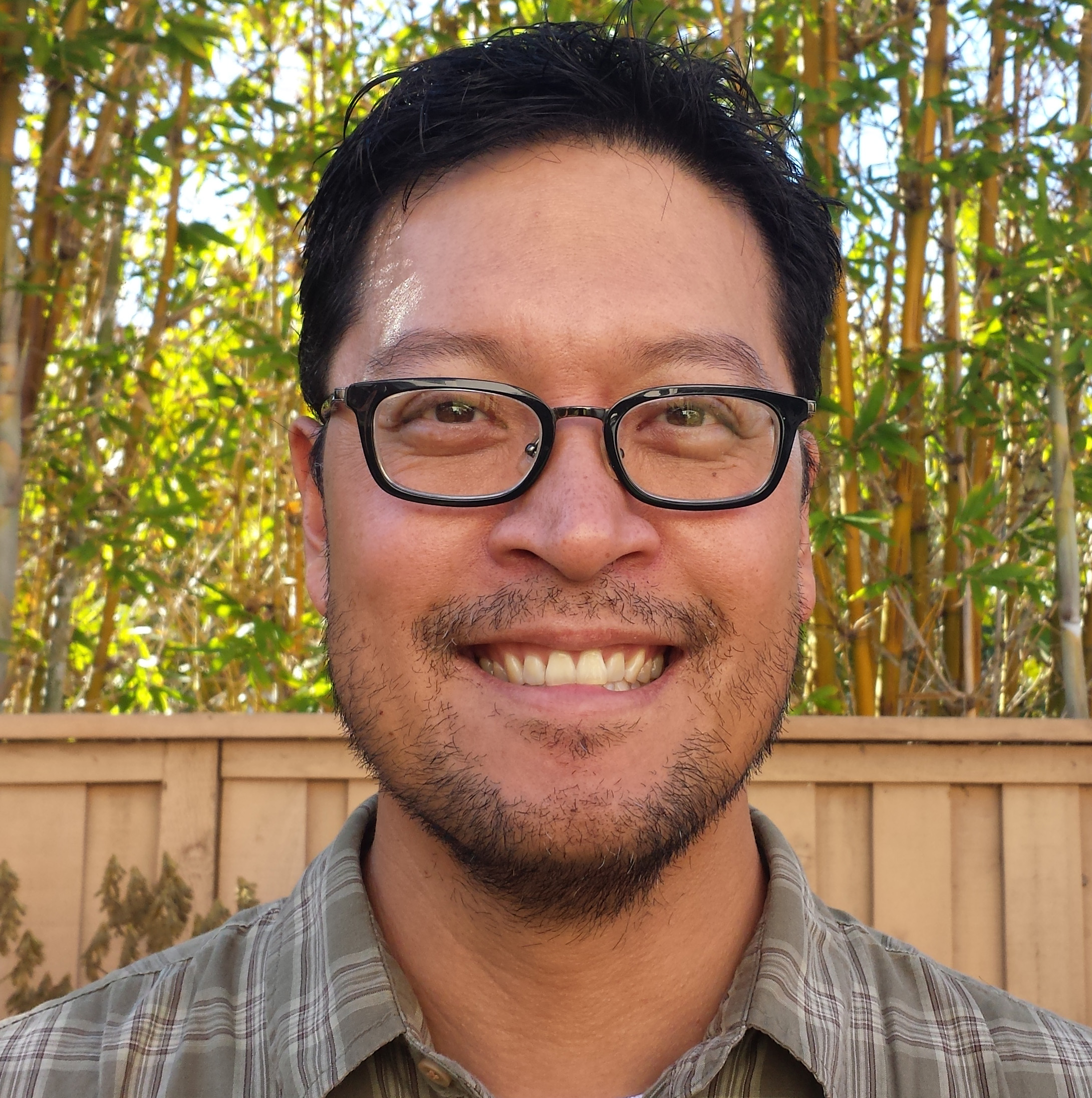 Geoffrey Chang
Geoffrey Chang
Geoffrey Chang, PhD, is a professor in the Skaggs School of Pharmacy and Pharmaceutical Sciences in the Department of Pharmacology at UC San Diego. He received his B.A. and M.S. in biophysics and his Ph.D. in molecular biophysics from the University of Pennsylvania, after which he completed postdoctoral training at the California Institute of Technology. His lab focuses on the structural biology of transporters. In his collaboration with TIGS, he is utilizing a camelid nanobody screening technology pioneered in his lab to help identify better effectors against the human malaria parasites Plasmodium falciparum and Plasmodium vivax.
 Kimberly Cooper
Kimberly Cooper
Kimberly Cooper, PhD, completed her doctoral degree at the Fred Hutchinson Cancer Research Center in Seattle, Wash., followed by postdoctoral studies in the Department of Genetics at Harvard Medical School. She joined the Division of Biological Sciences faculty at UC San Diego in November 2013, and her research is focused on the relationship between gene regulatory landscapes and phenotypic malleability in jerboa limb development. In her collaboration with TIGS, she will be exploring the use of Active Genetics in mouse systems.
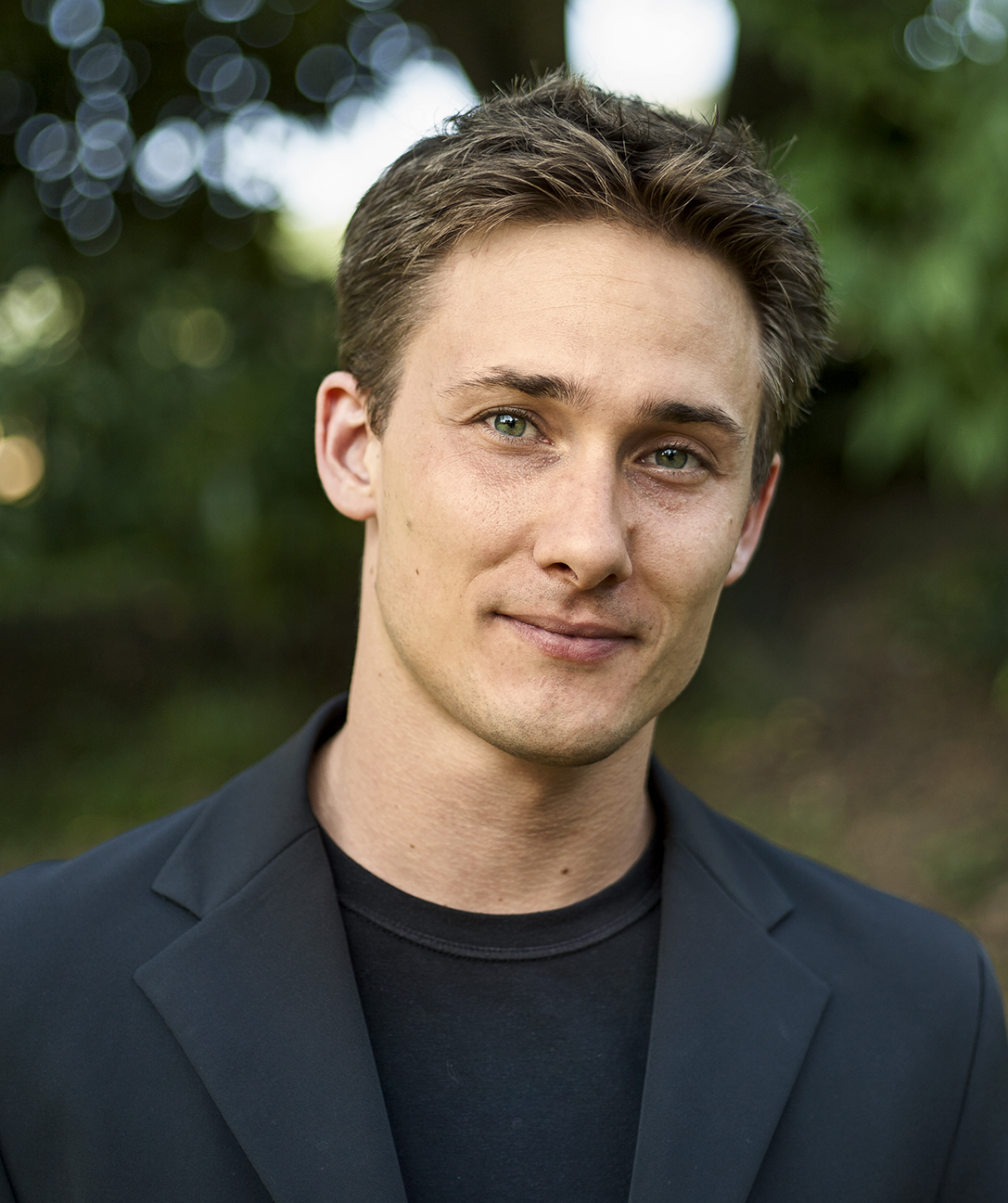 Valentino Gantz
Valentino Gantz
Valentino Gantz, PhD, is an assistant research scientist in the Section of Cell and Developmental Biology, Division of Biological Sciences, at UC San Diego. He received his B.A. and M.S. in biotechnology from the University of Bologna, Italy, and his PhD in biology from UC San Diego, after which he received the NIH Director's Early Independence Award that allowed Gantz to start his independent research. His lab focuses on the study of developmental processes in insects and the engineering of CRISPR-based gene drive systems for population modification and suppression. His collaboration with TIGS focuses on establishing CRISPR tools in Culex mosquitoes and developing gene drive tools for population control.
 Stephen Hedrick
Stephen Hedrick
Stephen Hedrick received his PhD from the University of California, Irvine, and conducted postdoctoral studies at the National Institutes of Health. He is a Distinguished Professor and holds the Chancellor’s Associates’ Chair in the Biological Sciences with joint appointments in Molecular Biology and Cellular and Molecular Medicine. He has been interested in probing the biology of T cells using mouse genetics for his entire academic career. Most recently, he and colleagues received a Transformative Grant from the NIH to study ways in which Active Genetics can be used to eliminate inhibitory feedback pathways in T cells. The goal of these studies is to generate highly cancer-reactive T cells that can subsequently be controlled by activating a fail-safe, inducible death signal.
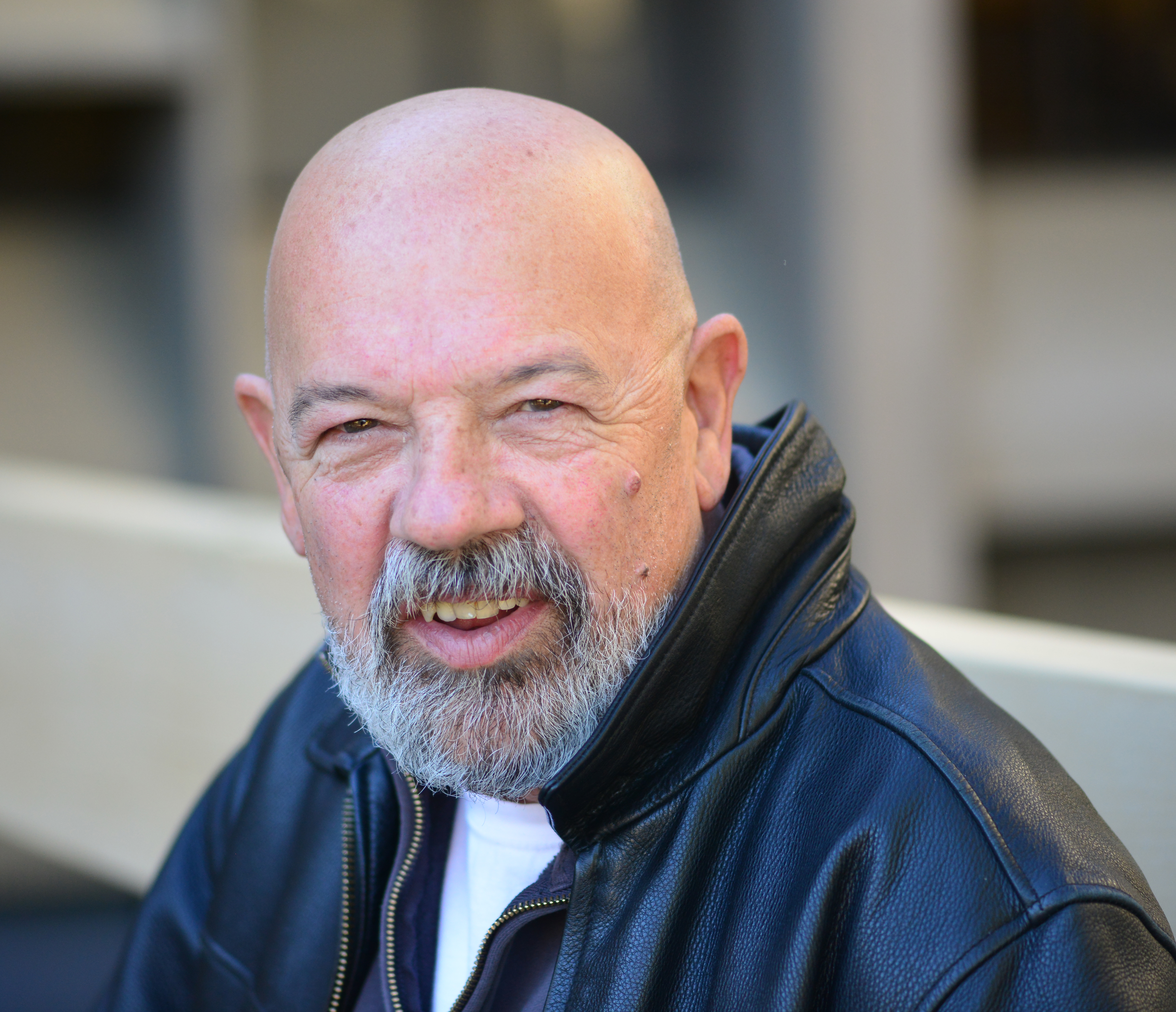 Gregory Lanzaro
Gregory Lanzaro
Gregory Lanzaro, PhD, serves as professor in the Department of Veterinary Pathology, Microbiology and Immunology, and is founder and chief of the Vector Genetics Laboratory, at the University of California Davis. His interests include vector biology and insect population genetics and genomics. Lanzaro is collaborating closely with TIGS-UC San Diego and a team in India to understand urban and island populations of Anopheles mosquitoes in India using whole-genome sequencing data sets to decipher recent population history and evolution in mosquitoes that are vectors of human diseases.
 Victor Nizet
Victor Nizet
Victor Nizet, M.D., is professor and vice chair for basic research in the Department of Pediatrics at UC San Diego, where he is also chief of the Division of Host-Microbe Systems and Therapeutics. He received his undergraduate education at Reed College in Portland, Ore., majoring in biology and completing a senior thesis in evolutionary ecology with Professor Robert Kaplan. He subsequently began his medical training at Stanford University School of Medicine in Palo Alto, Calif., where he was introduced to the science of bacterial pathogenesis as a research assistant in the laboratory of Professor Gary Schoolnik. After graduation, he completed a residency and chief residency in pediatrics at Harvard University's Children's Hospital in Boston, and a fellowship in pediatric infectious diseases at the University of Washington's Children's Hospital in Seattle. The Division of Host-Microbe Systems and Therapeutics brings together a diverse group of scientists and physicians for interdisciplinary research on the interactions of humans and the microbial world in both health and disease. In his collaboration with TIGS, he will be exploring the application of Active Genetics toward the growing problem of bacterial antibiotic resistance.
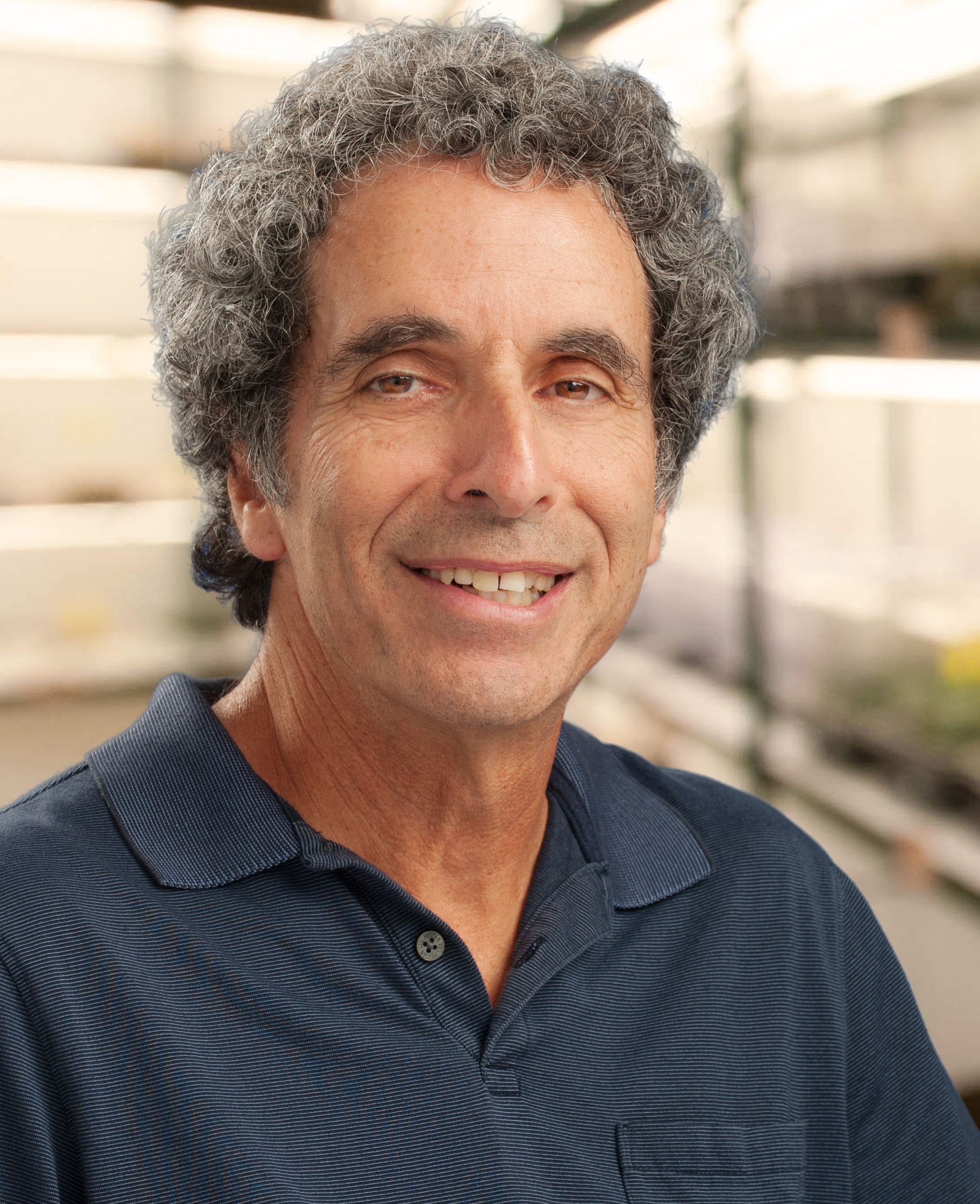 Martin Yanofsky
Martin Yanofsky
Martin Yanofsky, PhD, is a Distinguished Professor and the Paul D. Saltman Endowed Chair in Science Education at UC San Diego. He received his PhD from the University of Washington and was an NSF Postdoctoral Fellow in Plant Biology at Caltech. He was the recipient of a Packard Fellowship for Science and Engineering and a Beckman Young Investigator Award and is a member of the National Academy of Sciences. During the past 27 years at UC San Diego, Prof. Yanofsky’s lab has used the reference plant Arabidopsis thaliana to uncover the underlying mechanisms controlling flower and fruit development as well as stem cell formation. His lab has developed technologies that are currently being used to dramatically increase the yield of food crops. More recently, his lab has been exploring ways to implement Active Genetics technologies in plants, a tool that could have important applications in basic and applied plant science.
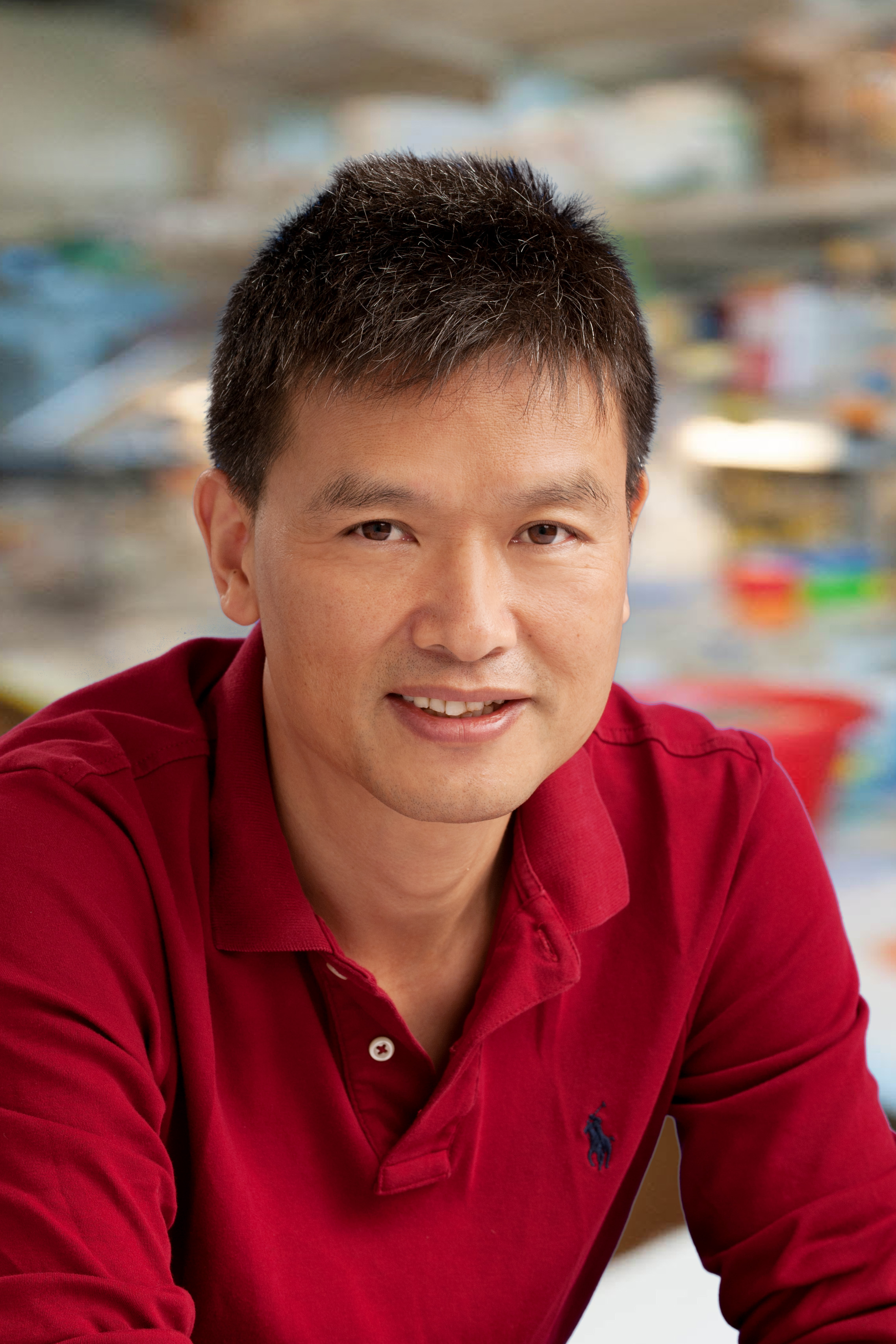 Yunde Zhao
Yunde Zhao
Yunde Zhao, PhD, is a professor in the Section of Cell and Developmental Biology within the Division of Biological Sciences at UC San Diego. He received his PhD in biochemistry from the University of Michigan, and completed postdoctoral training in plant genetics at the Salk Institute for Biological Studies. While there, he was a Howard Hughes Medical Institute Postdoctoral Fellow of the Life Sciences Research Foundation. Part of his lab focuses on the biosynthesis and regulation of auxin, a plant hormone. His lab has also been developing technologies for editing plant genomes. In collaboration with TIGS, he is exploring the use of Active Genetics in rice.
TIGS Scientific Advisory Board
The Tata Institute for Genetics and Society’s Scientific Advisory Board is comprised of highly-engaged, internationally renowned, experts in the fields of genetics, developmental biology, vector biology, entomology, infectious disease, neuroscience, immunology and vaccinology.
Dr. Patrick Duffy
Chief, Laboratory of Malaria Immunology and Vaccinology
Chief, Pathogenesis and Immunity Section
National Institute of Allergy and Infectious Disease (NIAID)
https://www.niaid.nih.gov/research/patrick-e-duffy-md-pathogenesis-and-immunity
Professor Janet Hemingway
Professor of Vector Biology and Chair in Insect Molecular Biology
Liverpool School of Tropical Medicine
Fellow, American Academy of Microbiology, 2011
Fellow, Royal Society, 2011
Foreign Associate, National Academy of Sciences, 2010
Fellow, Royal College of Physicians, 2008
Fellow, Academy of Medical Sciences, 2006
https://www.lstmed.ac.uk/about/people/professor-janet-hemingway
Dr. Gagandeep Kang
Professor and Head of the Wellcome Trust Research Laboratory (WRL) and Division of Gastrointestinal Sciences
Christian Medical College (CMC), Vellore
Fellow, Royal Society, 2019
http://www.cmcwtrl.in/gagandeep-kang.php
Dr. Norbert Perrimon
James Stillman Professor of Developmental Biology
Harvard Medical School, Howard Hughes Medical Institute
Fellow, National Academy of Sciences, 2013
Fellow, American Association for the Advancement of Science, 2009
Fellow, American Academy of Arts and Sciences, 2008
https://perrimon.med.harvard.edu/
Dr. Vijayalakshmi Ravindranath
Professor, Centre for Neuroscience
Indian Institute of Science
http://www.cns.iisc.ac.in/viji/
Vector-borne Disease Consortium
UC San Diego has joined with the University of California, Irvine (UCI) to create the Vector-borne Disease Consortium to promote discovery and development of novel science with the ultimate goal of eradicating mosquito-transmitted diseases in India and Africa. Consortium research is highly collaborative and allows for the sharing of materials, know-how, and brings together experts from molecular biology, entomology, public health, community engagement and regulatory control. Future field trials will adhere to guidelines developed by the World Health Organization, National Academies of Sciences and other regulatory agencies in which a phased approach is used to test both safety and efficacy of mosquito strains as the Consortium’s work progresses.
Related news release: UCI establishes Malaria Initiative to fight deadly disease in Africa
Institute for Practical Ethics
The Institute for Practical Ethics (IPE), housed within the Division of Arts and Humanities at UC San Diego, collaborates with TIGS to explore the ethical and social implications of Active Genetics. This highly collaborative interaction includes the design and implementation of a bioethics boot camp for TIGS-funded postdoctoral scholars and visiting scientists. Additional activities include the formation of the Ethics of Active Genetics Working Group, various workshops on the ethics of Active Genetics and the training of social scientists who will work with TIGS in India.
More information about the vision and mission of IPE can be found on their website.